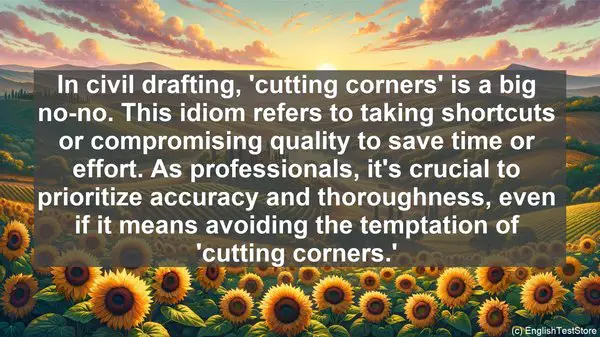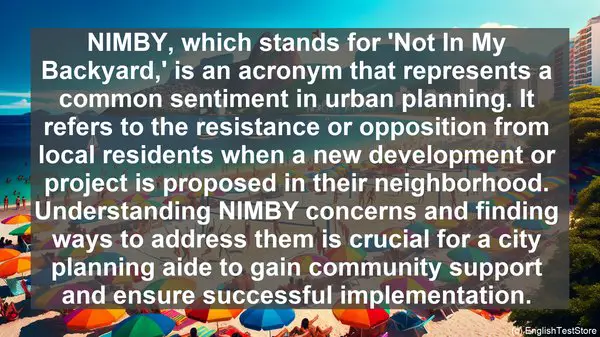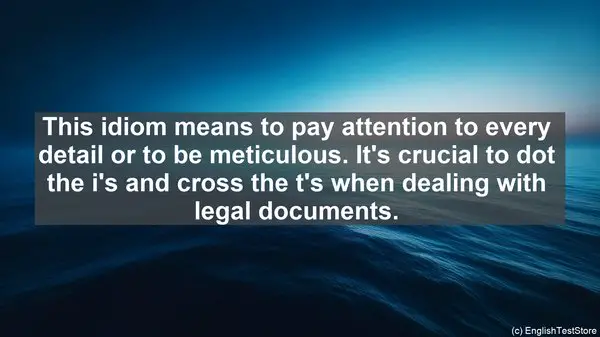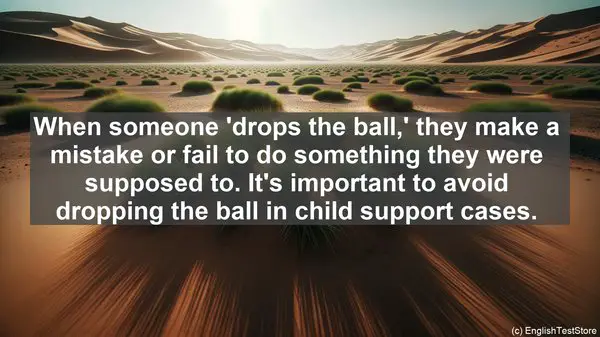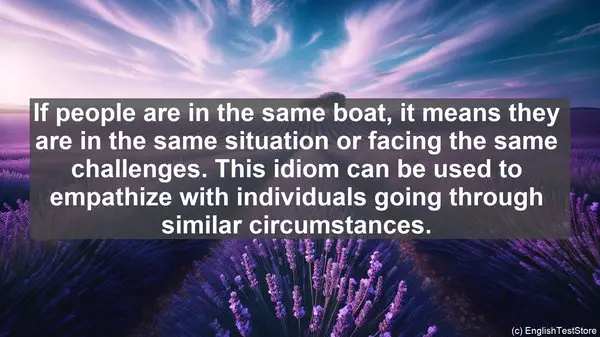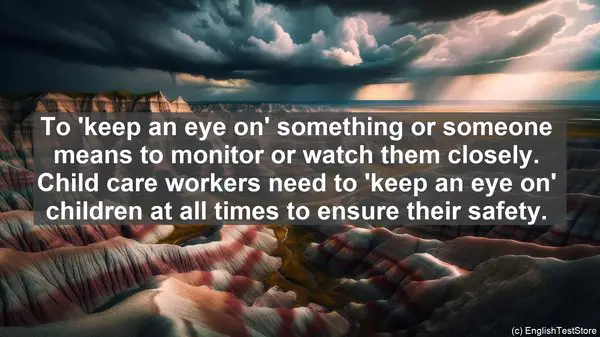Introduction: The Power of Idioms
In the world of language, idioms are like hidden treasures. They add color, depth, and cultural context to our conversations. Today, we’re diving into the top 10 English idioms that every civil engineering technician should know. So, let’s get started!
1. Lay the Groundwork
This idiom means to prepare a foundation or create a solid starting point. Just like in construction, a strong foundation is crucial for any project. So, when you’re planning or organizing, remember to lay the groundwork.
2. Bridge the Gap
In engineering, bridges connect two points, overcoming obstacles like rivers or valleys. Similarly, this idiom refers to connecting two ideas or groups that are far apart. As a technician, your role often involves bringing people together and finding common ground.
3. Smooth Sailing
When a ship glides effortlessly on calm waters, it’s said to be ‘smooth sailing.’ In your work, this idiom signifies a project that’s progressing without any major issues. However, it’s important to stay vigilant, as rough waters can appear unexpectedly.
4. Measure Twice, Cut Once
Precision is key in engineering. This idiom emphasizes the importance of careful planning and double-checking before taking action. By doing so, you minimize errors and save valuable time and resources.

5. Break New Ground
In construction, breaking new ground means starting a project in an area that hasn’t been developed before. Figuratively, it refers to exploring uncharted territories or introducing innovative ideas. As a technician, you’re often at the forefront of such advancements.

6. Raise the Bar
To ‘raise the bar’ means to set higher standards or expectations. In the field of civil engineering, this idiom encourages continuous improvement and pushing the boundaries of what’s possible.
7. In the Pipeline
When a project is ‘in the pipeline,’ it means it’s being planned or developed and will soon be implemented. This idiom reflects the sequential nature of many engineering projects, where each phase follows the other.
8. On Solid Ground
A building stands firmly on solid ground. Similarly, this idiom signifies being in a stable or secure position. It’s often used to express confidence in a decision, design, or strategy.
9. Up to Code
In construction, adhering to building codes is crucial for safety and compliance. This idiom extends beyond engineering, meaning to meet the required standards or regulations in any field.
10. Weather the Storm
Storms are temporary challenges. This idiom encourages resilience and perseverance in the face of difficulties. As a civil engineering technician, you’re equipped to handle and overcome any ‘storm’ that comes your way.
Conclusion: Mastering the Language of Engineering
By incorporating these idioms into your vocabulary, you not only enhance your language skills but also gain a deeper understanding of the engineering world. So, keep exploring, keep learning, and soon, you’ll be speaking the language of a seasoned technician. Thanks for watching!




